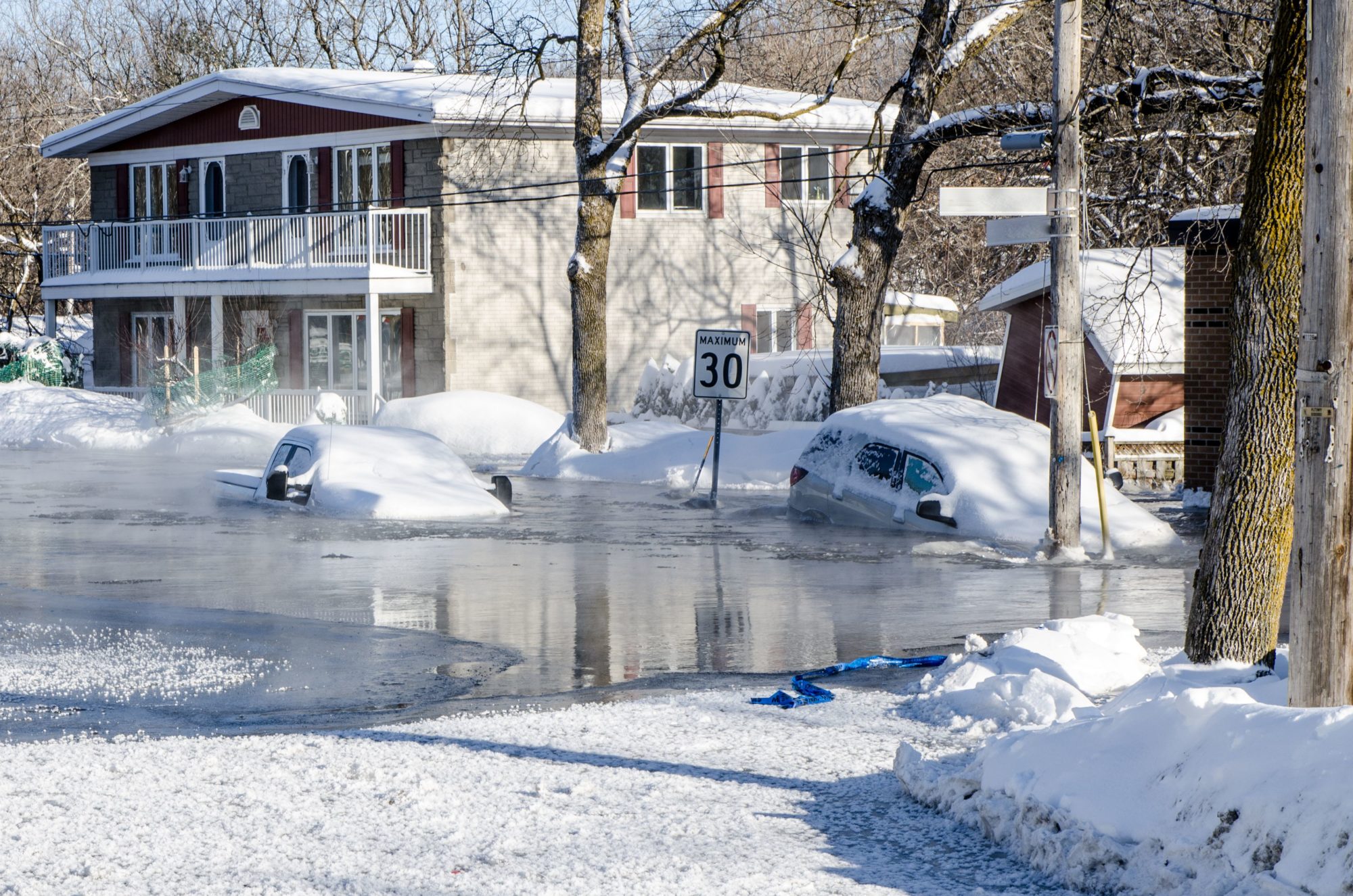The creation of an interdisciplinary Task Force on Flood Insurance and Relocation has been announced by the Government of Canada.
“Flooding in Canada has devastating effects for thousands of Canadians each year,” said Bill Blair, minister of public safety and emergency preparedness. “Our Government is making investments to reduce the impact of climate-related disasters to foster a more resilient Canada. This important Task Force who will work with all levels of government and the insurance industry to make our communities safer and more resilient to impacts of flooding.”
As a first step in creating a National High Risk Residential Flood Insurance Program, the Task Force will look at options to protect homeowners who are at high risk of flooding and don’t have adequate insurance protection. The Task Force will also examine the viability of a low-cost national flood insurance program and consider options for potential relocation for residents of areas at the highest risk of recurrent flooding.
“Every Canadian deserves a safe and affordable place to call home,” said Ahmed Hussen, minister of families, children, and social development. “Flooding threatens our homes and our livelihood. This task force will explore the best ways to mitigate flood risks for many Canadians and guide us in developing future housing plans. We must protect our homes as sanctuaries and ensure our communities remain safe.”
The Task Force will be composed of representatives from the federal government, provincial and territorial governments, and the insurance industry. At the same time, Indigenous Services Canada will work with First Nations partners on a dedicated Steering Committee on First Nations Home Flood Insurance Needs to examine the unique context on reserves.
“First Nations communities are among the most susceptible to seasonal flooding and its devastating impact,” said Marc Miller, minister of Indigenous services. “Any flood risk planning needs to take their needs, priorities, and circumstances into account and we must engage with First Nations-partners from the start to be successful.”
“Furthermore, First Nations communities are 18 times more likely to be evacuated than off-reserve communities during emergencies such as floods,” added Miller. “In general, response and recovery efforts for on-reserve communities can be more challenging compared to off-reserve communities. This is why we are creating a steering committee that will ultimately provide First Nations-led solutions regarding flood insurance and related needs.”
The Government of Canada is also committed to ensuring that broad Indigenous perspectives are included in flood risk management in Canada. The Task Force and Steering Committee will share information with one another, and work closely together to engage with various partners, including with First Nations off-reserve, Inuit, and Métis communities and organizations. Both entities will begin their work by January 2021 and will report on their findings by Spring 2022.
“More Canadians are exposed to flooding than to any other climate-related peril,” said Don Forgeron, president and CEO of the Insurance Bureau of Canada. “Through this Task Force, insurers will work with governments across the country to ensure every Canadian has access to affordable flood insurance. This is a foundational step in an urgent national effort to better protect Canadians, adapt to our changing climate, and build more climate-resilient communities.”
According to the announcement from the Government of Canada, it will continue to help people whose jobs and livelihoods are affected when disasters strike. It will also help people and communities deal with the realities of increased climate-related risks and disasters and ultimately, increase the country’s resiliency to natural disasters.
Public Safety Canada will also be undertaking a review of the Disaster Financial Assistance arrangements in order to assess and improve the sustainability of this program. Further, as committed in the July 2020 Economic Update, the National Disaster Mitigation Program will be extended through to 2022 to cost-share flood mitigation projects with provinces and territories. A call for proposals will soon be launched to continue this important work.









